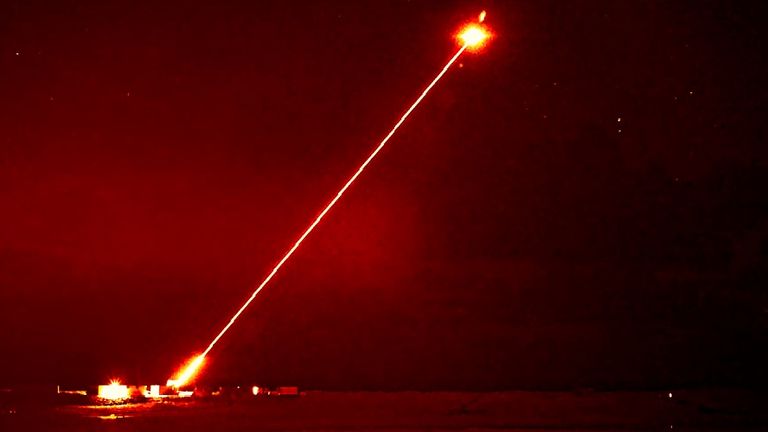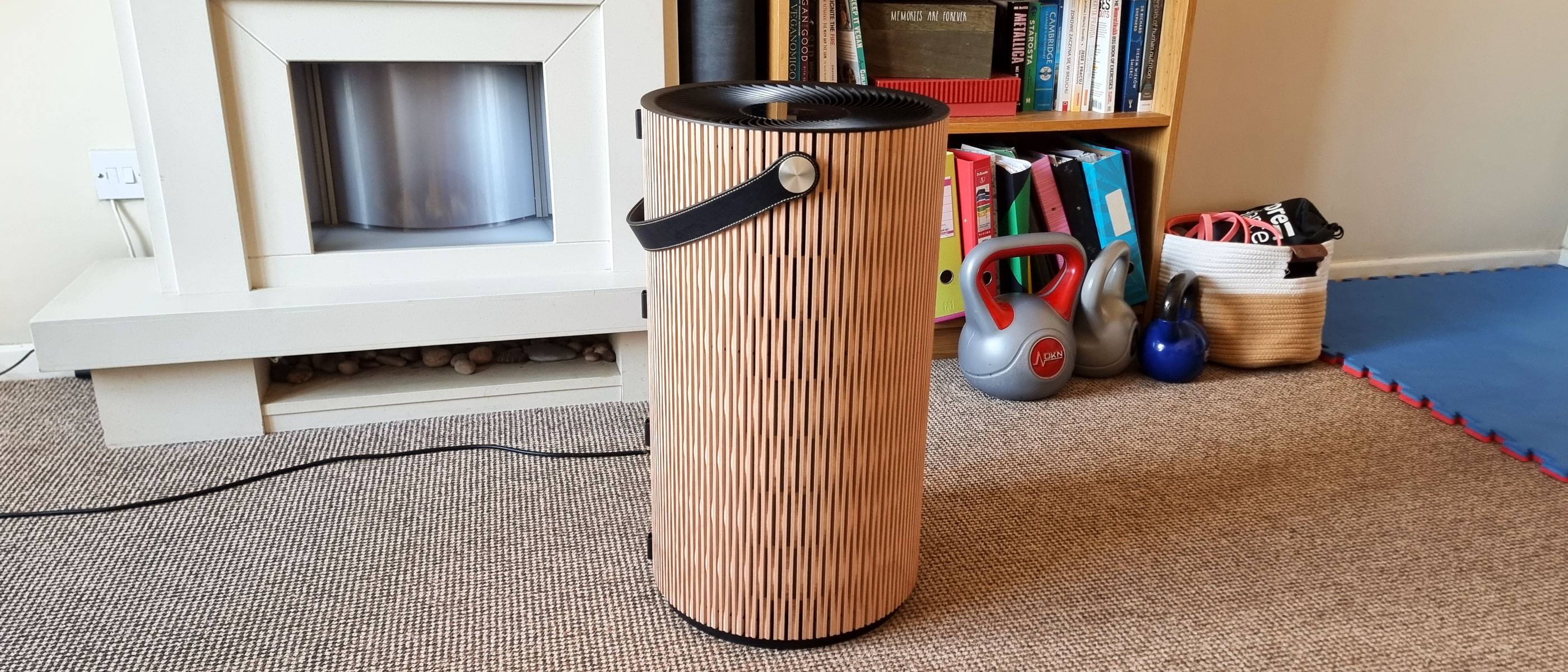New DragonFire laser weapon can shoot drones out of the sky, UK says
The DragonFire laser can shoot down drones and costs less than $13 a shot, the UK government claims.

Get the world’s most fascinating discoveries delivered straight to your inbox.
You are now subscribed
Your newsletter sign-up was successful
Want to add more newsletters?

Delivered Daily
Daily Newsletter
Sign up for the latest discoveries, groundbreaking research and fascinating breakthroughs that impact you and the wider world direct to your inbox.

Once a week
Life's Little Mysteries
Feed your curiosity with an exclusive mystery every week, solved with science and delivered direct to your inbox before it's seen anywhere else.

Once a week
How It Works
Sign up to our free science & technology newsletter for your weekly fix of fascinating articles, quick quizzes, amazing images, and more

Delivered daily
Space.com Newsletter
Breaking space news, the latest updates on rocket launches, skywatching events and more!

Once a month
Watch This Space
Sign up to our monthly entertainment newsletter to keep up with all our coverage of the latest sci-fi and space movies, tv shows, games and books.

Once a week
Night Sky This Week
Discover this week's must-see night sky events, moon phases, and stunning astrophotos. Sign up for our skywatching newsletter and explore the universe with us!
Join the club
Get full access to premium articles, exclusive features and a growing list of member rewards.
The U.K. military has successfully tested a high-power laser weapon designed to knock drones out of the sky.
The laser weapon, dubbed "DragonFire," passed its first field test by shooting down several drones over the Hebrides off the coast of Scotland, the U.K. government announced on Jan. 19.
Currently, drone strikes can be repelled by firing expensive missiles that can cost up to $2 million each. But the cost of operating the new laser is "typically less than £10 (l $13) per shot", the U.K. government claimed. Its maximum range is classified, but the weapon can "engage with any visible target," the statement noted.
Related: Drones equipped with lasers uncover secrets of bloody WWII battle
"This type of cutting-edge weaponry has the potential to revolutionise the battlespace by reducing the reliance on expensive ammunition, while also lowering the risk of collateral damage," Grant Shapps, the U.K. defense secretary, said in the statement.
Anti-drone lasers are defensive weapons designed to disable or even slice through drones and subsonic missiles with more accuracy and less destruction than the missiles used today. Several countries have developed versions of the technology — including the U.S., Germany, Israel and Turkey — although these systems aren't widely deployed.
This is partly owing to the difficulty and high cost of manufacturing beam directors, which guide the laser shots to the targets. Anti-drone lasers also have a much shorter range than conventional anti-drone missiles, and they’re not able to deliver enough power quickly enough to shoot down hypersonic objects that move five times faster than the speed of sound.
Get the world’s most fascinating discoveries delivered straight to your inbox.
In addition, laser weapons have to be finely tuned. If the beam is too intense, interactions with the air can cause the beam to scatter, but if the beam is too weak, the target remains unaffected. Additionally, water droplets can absorb or scatter the beam, making it perform poorly in adverse weather conditions.
The weapon's accuracy on choppy waters is also unclear, said Gianluca Sarri, a physics professor and laser expert at Queen's University Belfast, in an article in The Conversation, meaning its use on rough seas could be limited.
"It is like trying to hit the bullseye on a dartboard while standing on a balance board," Sarri wrote. "However, this will only affect the accuracy of the weapon, without increasing the risk of collateral damage."
The U.K. government said it will continue to invest in laser defense technologies and push forward plans that will see them brought into service, although when and how they will be developed further remains to be seen.

Ben Turner is a U.K. based writer and editor at Live Science. He covers physics and astronomy, tech and climate change. He graduated from University College London with a degree in particle physics before training as a journalist. When he's not writing, Ben enjoys reading literature, playing the guitar and embarrassing himself with chess.
 Live Science Plus
Live Science Plus










